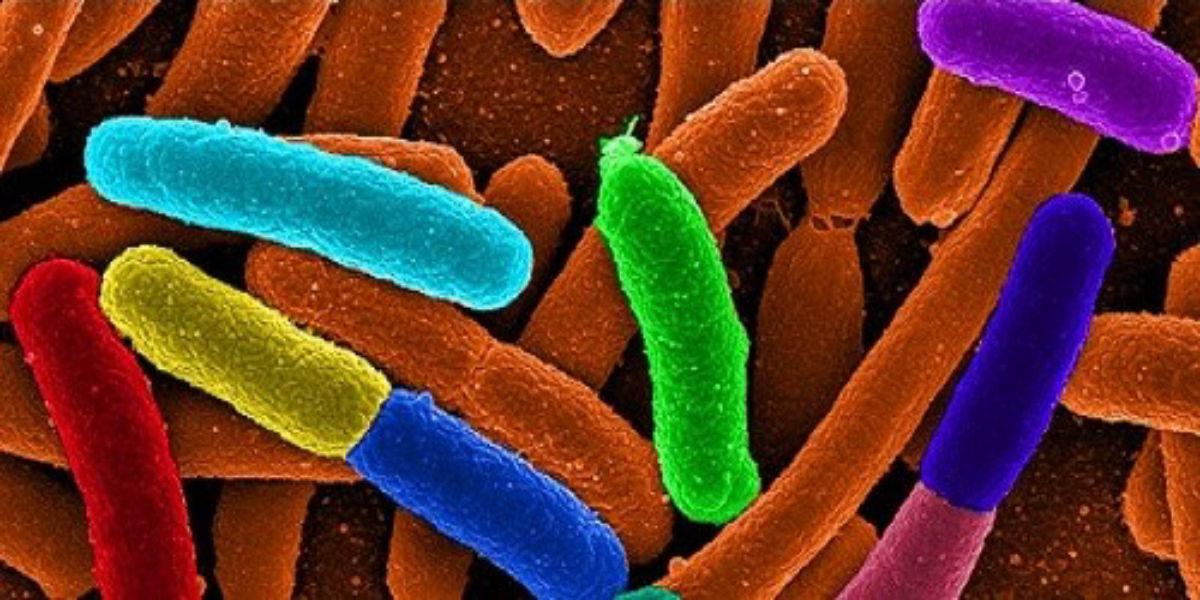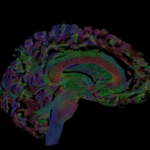A new study by McMaster University points to a bacterial strain of adherent-invasive E-coli (AIEC) as a potential cause of Crohn’s disease.
According to the findings in Nature Communications, the discovery may lead to the development of new treatments for Crohn’s disease in the near future.
The strain of bacteria is often found in the gut lining of patients with Crohn’s disease.
“If you examine the gut lining of patients with Crohn’s disease, you will find that around 70 to 80 percent of them test positive for AIEC bacteria, but one of the things we don’t understand is why,” said one co-author of the study in a news release.
“We believe that AIEC is a potential trigger of Crohn’s disease.”
“New therapies are on the way—we are one step closer to figuring out how this Crohn’s disease-associated bacteria lives in the gut and when we do that, we can develop new treatments,” the author suggested in the news release.


